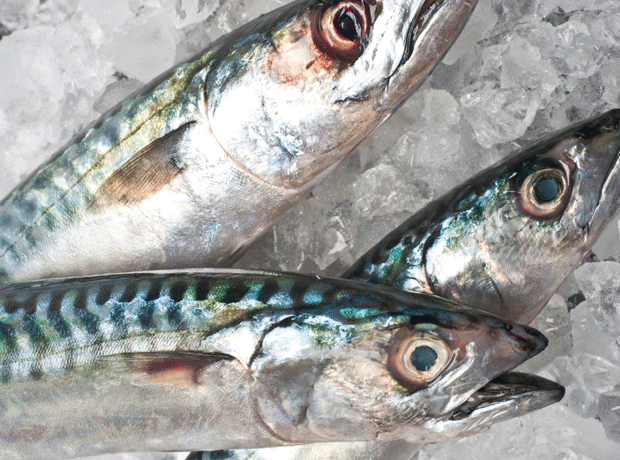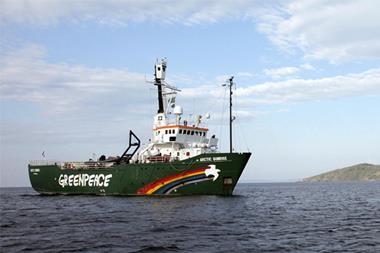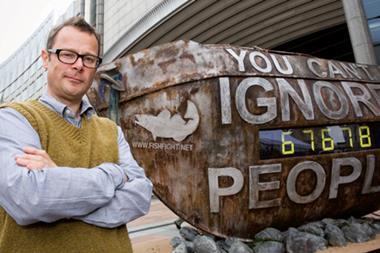The fish talks (13 and 14 May) were another step towards a reformed Common Fisheries Policy, but we are not there yet. The Irish EU presidency is working hard to make reform happen as quickly as possible and has secured an agreement that allows agriculture minister Simon Coveney to facilitate a compromise with the European Parliament.
UK fisheries minister Richard Benyon said he wanted “to secure an agreement that would be good for the UK and to head off those who sought to water down the changes we desperately need to make to this broken policy”. The hope is now that the European Parliament will agree with those fine intentions.
But as always the devil is in the detail. On the key issue of regionalisation, the Council has stuck with the agreed general approach, ensuring high-level management plans are developed that leave enough flexibility for the detail to be agreed locally for each fishery. On maximum sustainable yield, there is still flexibility in the deadline.
“The reforms offer the opportunity for real improvement”
The new discard policy, including the obligation to land all catches, will be introduced progressively from 2015 to 2019. A few flexibilities have also been agreed. Fleets will be able to discard 5% of their catch under these new proposals with significant caveats for some species.
A ‘discard ban’ is not a panacea to all industry ills - discard management has to be part of a carefully thought-through package of measures. The industry has already started to look at how to plan for a discards ban, and what legislative architecture needs to be in place to deliver this.
The industry has to work together - we have to get smarter about how we manage quota and improve selectivity and we must do more to quantify the level of discards. We also have to create a better evidence base of the survival rates of species both post-escape (from the fishing gear) and post capture (discarded from the vessel).
The Seafish-facilitated Discard Action Group is the only UK cross-industry group addressing the discards issue from all perspectives. It is a prime example of an interdisciplinary, co-operative approach. The group is representative of the whole seafood supply chain and is a key forum to allow individual interests to have a voice in the debate.
The proposed CFP reforms offer the opportunity for real improvement after years of political indecision. With the political will for change, and a more pragmatic approach, the industry can produce workable solutions, but this will mean a process of adaptation in terms of fishing operations in a relatively short time.
There is still a lot of detail to be agreed on, but we hope the European Parliament will take due notice of what is needed to shape a new CFP, which will fulfil conservation objectives and recognise the socio-economic impacts of the measures and the viability of the European fishing industry.
At least the intent to accept regionalisation, alongside making management more flexible, discard reduction and providing long-term and mixed-species management plans, is at the heart of the proposals.
Dr Paul Williams is chief executive of Seafish



















No comments yet